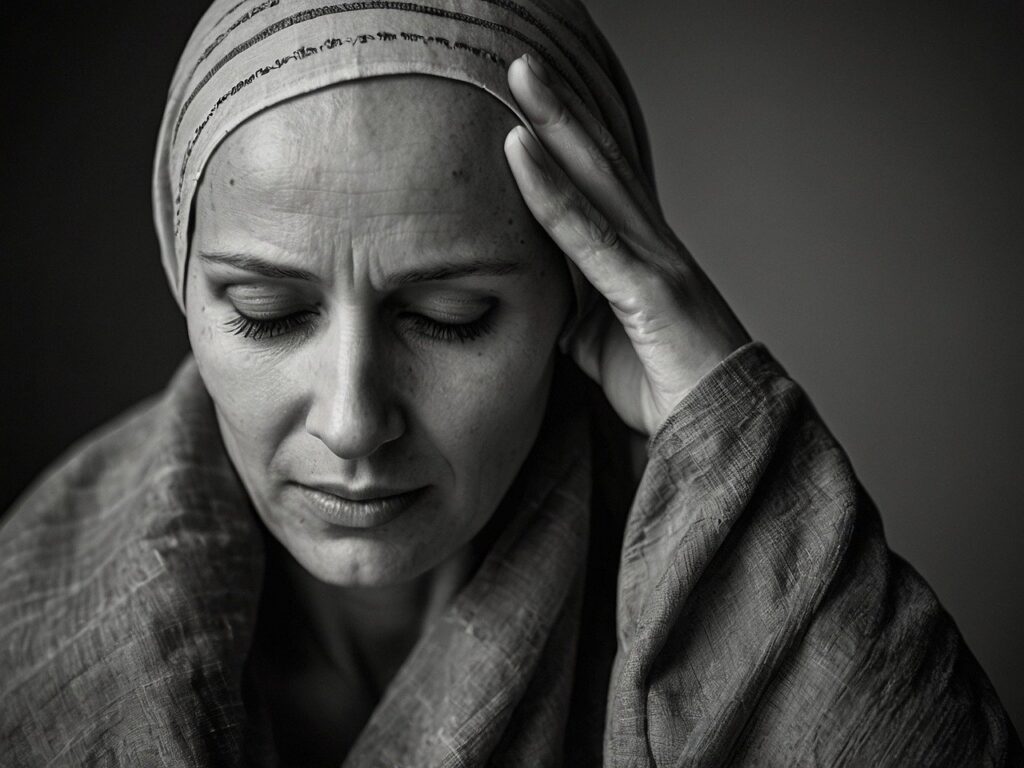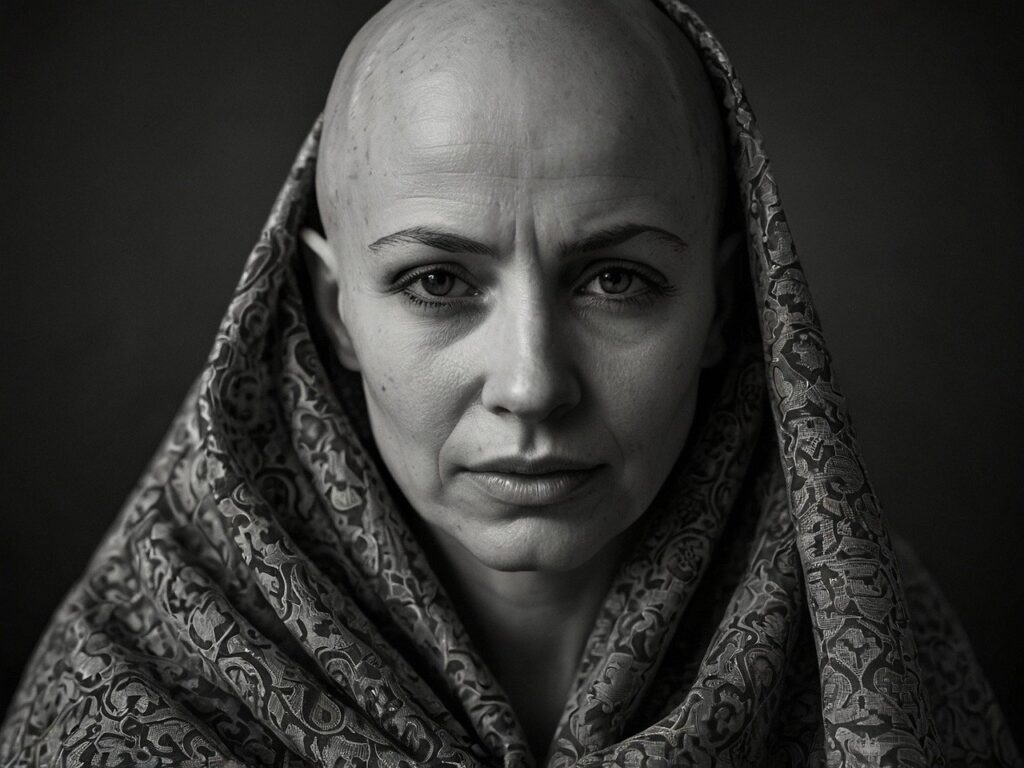Understanding Leukemia:
A Closer Look at the Journey
Leukemia is not a separate medical diagnosis; it’s an adventure that touches people and their families deeply. The aim of this article is to shed some light on what leukemia is, how it structures its effects, and the lifestyle of people with this condition.
What is Leukemia?
Leukemia is a sort of most cancers that in most cases influences the blood and bone marrow. It ends in the out of control manufacturing of ordinary white blood cells (WBCs), which might be essential for our immune system. Instead of assisting to guard towards infections, those cells can crowd out wholesome blood cells, main to plenty of health challenges.
How Does Leukemia Affect the Body?

Blood
At its center, leukemia disrupts regular blood manufacturing. The bone marrow, which is liable for developing blood cells, turns into beaten with peculiar WBCs. This overcrowding can result in a scarcity of crimson blood cells and platelets, main to signs and symptoms like fatigue, weak point, and an accelerated danger of bruising or bleeding.
Bones
Many people with leukemia experience bone pain, particularly in the long bones of the arms and legs or in the ribs.This disorder is caused by cancer cells in the bone marrow, causing stress and discomfort. In some cases, soft bones can also fracture, adding an additional physical challenge.
The immune system
The immune system is essential to staying healthy. Leukemia lowers the immune system. Abnormal WBCs do not function properly, making individuals susceptible to infections. This increased risk can lead to increased concerns about disease and the need for health care.
The cardiovascular system
Leukemia can also affect heart health. Certain treatments, especially certain medications, can increase the risk of heart disease. Muscle weakness is another common issue, often leading to fatigue that can interfere with daily activities and quality of life.
Cooking foods
Although rare, certain types of leukemia can affect the digestive system. For example, chronic lymphoma can cause ulcers in the stomach or intestines, which can lead to serious complications. Awareness of these risks is essential for effective management.
Treatement

Treatment Options:
Chemotherapy — Involves using drugs to either kill or inhibit cancer cells.
Radiation Therapy: Kills cancer cells, and is used prior to a transplant.
Stem Cell Transplant – This procedure replaces the diseased bone marrow with healthy bone marrow cells after intensive high-dose chemotherapy.
Targeted therapy: Which of course applies only drugs that target specific abnormalities in the cancer cell
Immunotherapy — Assists the immune system to identify and destroy cancer cells
Supportive Care:
Symptom Management: Pain, fatigue, and infections.
Nutritional Support: Complementary nutrition during treatment.
Psychosocial Help: Treatment and assistance groups for patients and household members.
Frequent Follow-up: Periodic examinations and investigations to assess the effectiveness of therapy and mitigate consequences where necessary.
Multidisciplinary Approach
Treatment usually has a whole array of specialists: hematologists, oncologists, nurses who specialize in caring for patients with mDS due to its complexity, nutritionists, and social workers all providing care and support over the treatment journey.
Managing Treatment Side Effects
Chemotherapeutics and precision medicine can aim for a variety of side effects. It is important to talk to healthcare teams about any pain specialist in a casual manner. Medications and self-care strategies can often help relieve signs and symptoms such as rashes or sore mouth.
In order to get help
The emotional impact of leukemia can be devastating. Many individuals benefit from networking with support groups, where they can share experiences and receive encouragement from others facing similar challenges. Creating a strong support system—whether through friends, family, or community resources—can make life much better..
Conclusion
Leukemia is a serious disease that affects not only the body, but also the mind and spirit. Understanding the disease and its implications can enable individuals and families to journey forward. With the right support and coping strategies, many people with leukemia lead fulfilling lives, demonstrating resilience and hope in the face of adversity. strategies, many people with leukemia lead fulfilling lives, demonstrating resilience and hope in the face of adversity.


Your writing has a way of making the complex seem simple without losing any of its richness. Each idea is presented in such a way that the reader can’t help but be drawn into it, seeing things from a new perspective. You’ve made something intricate feel effortless, and that’s a true mark of skill.